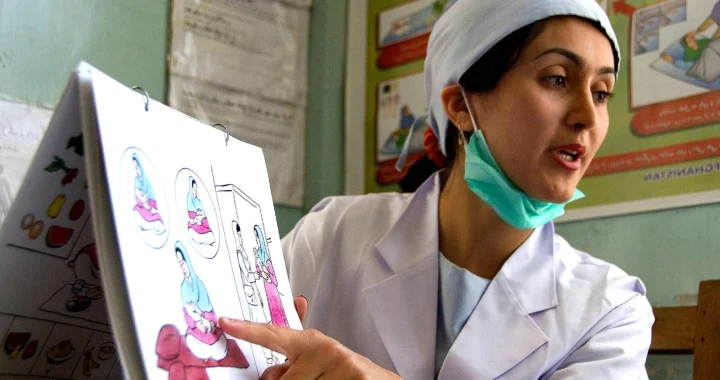Ending Statelessness in Thailand

Photo: Dave Kim on Unsplash.
Each of us has the right to a nationality as mandated in the Universal Declaration of Human Rights. However, this right remains unfulfilled for millions of individuals and leads to statelessness. From government resolutions to grassroots initiatives, efforts are underway to end statelessness in Thailand.
Who is a stateless person?
The UN Refugee Agency defines a stateless person as “someone who is not considered as a national by any State under the operation of its law.” The causes of statelessness vary, with many cases caused by discrimination based on race, ethnicity, religion, language, or gender.
Having a nationality goes beyond having an identity. It means being recognized as a part of a nation and granted protections and the fulfillment of their rights by governments. Therefore, statelessness can render people vulnerable and cost them their safety and freedom. They are often denied basic rights, such as attending school, seeing a doctor, opening a bank account, or even moving around freely.
Statelessness in Thailand
As of September 2023, nearly 600,000 people registered as stateless in Thailand, making it one of the world’s largest stateless populations. Discriminatory policies against minorities are cited as one of the primary reasons for this widespread crisis. At the same time, migrants and refugees also add to the number.
The government must play a crucial role in ending statelessness in Thailand. In October 2024, the Thai government approved an accelerated pathway to grant permanent residency and nationality. Under this pathway, over 300,000 members of officially recognized ethnic minorities in Thailand will be eligible for permanent residence and can apply for Thai nationality after five years.
Additionally, over 142,000 of their children born in Thailand will be eligible for Thai nationality. This marks a significant step toward achieving the government’s pledge of zero statelessness by 2024.
On the grassroots level, organizations have also been making efforts to support people in navigating the nationality application process. Meefah Ahsong, a community casework volunteer from Legal Community Network (LCN) and Legal Advocacy Walk (LAW), shared her experience helping people in ethnic villages across Chiang Mai to apply for citizenship.
“I’m happy that they have a new life, they have better work and access to health coverage,” she says. “I want stateless villagers to be more aware of the rights that they are entitled to.” Meefah was once a stateless person herself.
Protecting People’s Rights
The efforts to end statelessness in Thailand show the central roles of national governments and international organizations in ensuring human rights for all, including one’s right to a nationality. At the same time, communities and individual actions also matter in supporting and destigmatizing migrants and refugees near us.
All in all, the effort to end statelessness should move based on the recognition of human rights and leaving no one behind in this ever-changing world.
Editor: Nazalea Kusuma

Co-create positive impact for people and the planet.
Amidst today’s increasingly complex global challenges, equipping yourself, team, and communities with interdisciplinary and cross-sectoral insights on sustainability-related issues and sustainable development is no longer optional — it is a strategic necessity to stay ahead and stay relevant.

Kresentia Madina
Madina is the Assistant Manager of Stakeholder Engagement at Green Network Asia. She holds a bachelor’s degree in English Studies from Universitas Indonesia. As part of the GNA In-House Team, she supports the organization's multi-stakeholder engagement across international organizations, governments, businesses, civil society, and grassroots communities through digital publications, events, capacity building, and research.


 Prioritizing Finance for Nature for Healthy and Resilient Ecosystems
Prioritizing Finance for Nature for Healthy and Resilient Ecosystems  Integrating Indigenous Practices into Australia’s Defense Against Heatwaves
Integrating Indigenous Practices into Australia’s Defense Against Heatwaves  Systemic Shift to Enable Healthy School Food Environments
Systemic Shift to Enable Healthy School Food Environments  Looking into the Global Midwife Shortage
Looking into the Global Midwife Shortage  Reframing Governance in the Era of Water Bankruptcy
Reframing Governance in the Era of Water Bankruptcy  Strengthening Resilience amid Growing Dependence on Space Infrastructure
Strengthening Resilience amid Growing Dependence on Space Infrastructure